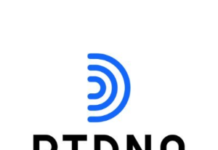
In response to the explosive growth in the number of tracks being uploaded to the streaming platform, Spotify is set to revise its royalty payout system. Starting next year, the platform will implement a minimum streaming threshold for songs to be eligible for royalty payments. The company is also taking measures against streaming fraud and setting restrictions on payments for short “noise” tracks.
More than 120,000 new tracks are uploaded to streaming platforms daily. Generative AI platforms like Mubert and Boomy have added millions of AI-generated tracks to the mix. While the streaming audience grows, Luminate Data found that the consumption of newer music releases remains stagnant, with 42% of tracks having ten or fewer streams.
Spotify’s upcoming changes include not paying royalties for tracks that don’t meet a certain number of plays. While the specifics are yet to be determined, this aims to reduce the volume of tracks with little to no plays. The platform also plans to combat streaming fraud, which includes techniques like using bot networks to replay songs and uploading copyrighted material as one’s own.
Finally, Spotify is addressing the issue of “noise” tracks, often used for meditation or studying, that exceed 30 seconds to qualify for royalties. These tracks will now require a longer listening time to be eligible for royalties.
The company’s planned changes are sparking debates, especially among the indie music community, but they signal a shift in the music industry. Some platforms like Deezer and SoundCloud have moved to an artist-centric royalty plan, which pays out according to each user’s listening preferences, but Spotify’s increasing dependency on algorithmically generated playlists for users could cause issues with implementation of a similar model.









